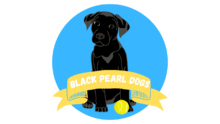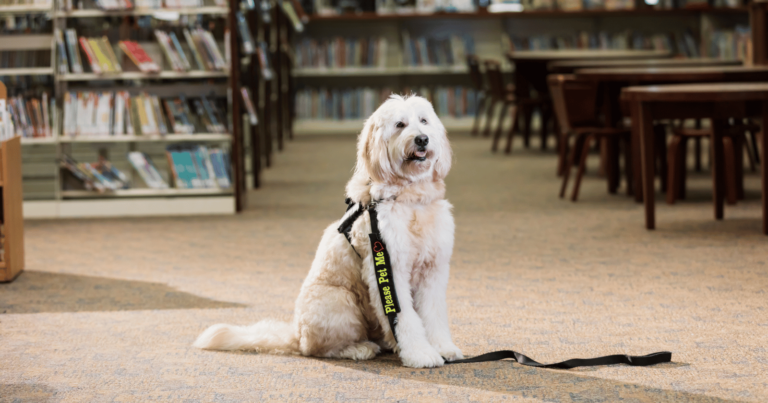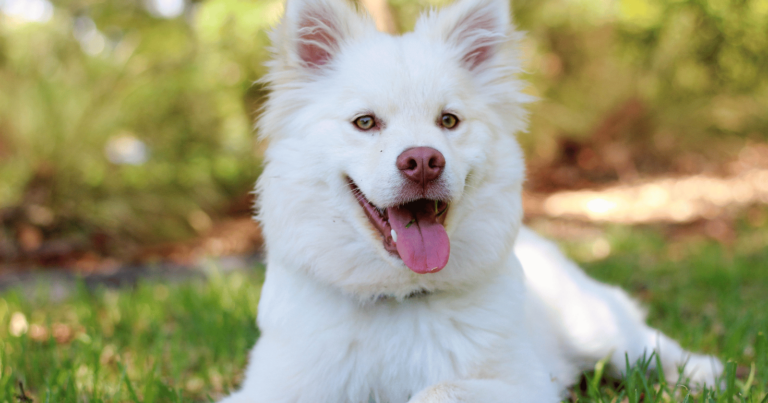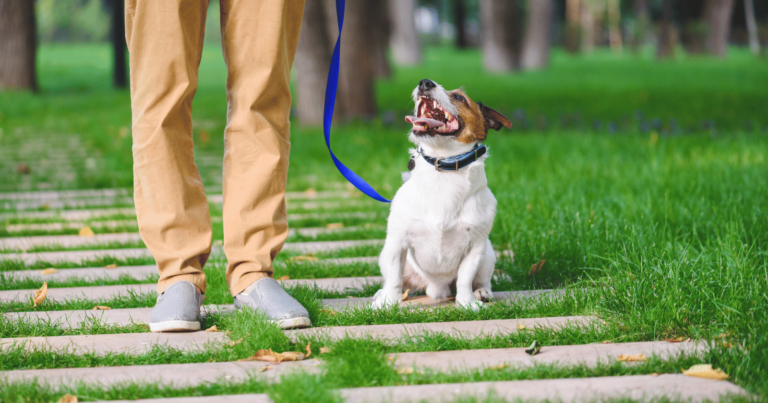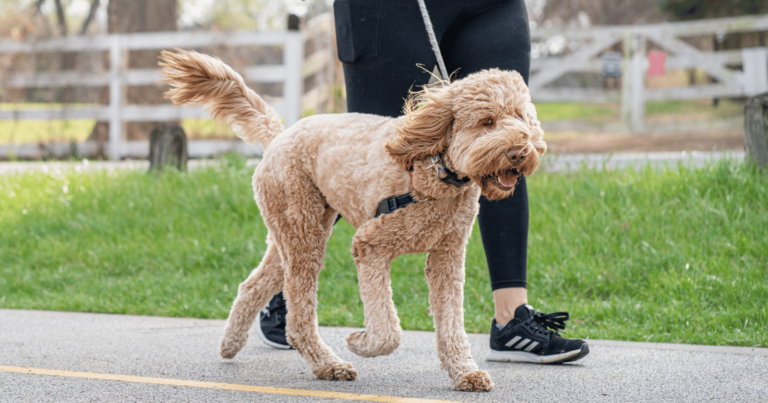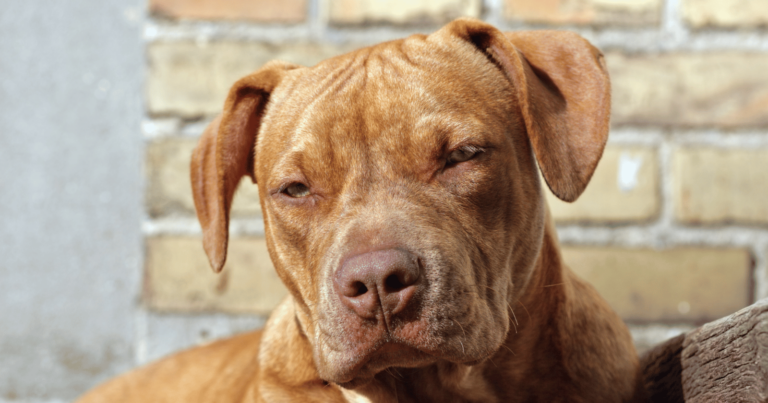Owning a dog is a joy, but it’s also a big responsibility.
As a first-time pet owner, you might feel overwhelmed with the task of taking care of a furry friend.
Fear not, it’s not about being perfect, but about learning and adapting to your dog’s needs.
In this article, we’ll be discussing seven essential tips for beginners on dog care.
These tips will help to ensure that your new four-legged friend stays healthy, happy, and well-adjusted.
1. Understand your dog’s breed and specific needs
Every dog breed is unique and has its own set of specific needs.
This isn’t just about whether they’re a big dog who needs lots of exercise, or a small one who prefers to snuggle on the couch.
It’s also about understanding their dietary requirements, knowing potential health issues linked to their breed, and even being aware of their grooming needs.
For instance, some breeds are prone to certain health conditions which may require special care or attention.
Others might have a double coat which demands more frequent grooming.
Understanding your dog’s breed and its specific needs can help you provide the best care possible for your new furry friend.
Remember, it’s not about comparing your dog to others, but about understanding their unique requirements and catering to those.
Take the time to learn about your dog’s breed and you’ll be one step ahead in providing them with a happy and healthy life.
2. Consistent training is key

Training a dog, especially for a beginner, can seem daunting.
But let me share a personal experience with you.
When I first adopted my rescue dog, Max, everything seemed overwhelming.
He was a bundle of energy with no understanding of basic commands.
I remember standing in the middle of my living room, Max running in circles around me, and thinking, “Where do I even start?”
I started with simple commands like “sit” and “stay”.
The key was consistency.
Every day, we would spend time on those same commands.
It wasn’t easy, and there were days when it felt like we weren’t making any progress at all.
But then one day, I said “sit”, and Max sat.
It’s hard to describe the joy I felt at that moment.
It was as if we had crossed an invisible line – from simply co-existing to understanding each other.
Consistency in training was the game-changer.
It helped Max understand what was expected of him and it built trust between us.
3. Regular exercise is essential
Exercise is not just about keeping your dog physically fit, it’s also crucial for their mental health.
Dogs can get bored, and when they’re bored, they can develop destructive behaviors.
Regular exercise helps keep these behaviors at bay by keeping their minds stimulated.
Here’s something you may not know: A dog’s brain releases serotonin, a hormone that brings about feelings of happiness and wellbeing, during exercise.
This is similar to the ‘runner’s high’ that humans experience.
So, whether it’s a walk in the park, a game of fetch in the backyard, or even a good old-fashioned wrestling match on the living room floor, make sure your dog gets enough physical activity every day.
Not only will it keep them healthy and happy, but it will also strengthen your bond.
4. Regular vet check-ups are a must
Taking your dog to the vet might not be their favorite activity (or yours), but regular check-ups are crucial to ensure your dog’s health.
Vets can detect issues that may not be visible to the untrained eye.
They can provide vaccinations, conduct routine screenings, and offer advice on diet and exercise.
Just like humans have regular doctor’s appointments, dogs need their regular vet visits too.
This is especially important for puppies and older dogs, as they’re more susceptible to health issues.
So don’t wait for your dog to get sick before scheduling a vet appointment.
Regular check-ups can help prevent health problems and ensure that any issues are caught early, when they’re often easier to treat.
Your dog may not understand it, but these visits are for their good.
5. Nutrition matters

Feeding your dog might seem like a no-brainer, but not all dog food is created equal.
It’s crucial to choose a diet that meets your dog’s specific needs.
Age, breed, health status, and size are all factors that should influence what you feed your dog.
Puppies require different nutrients than adult dogs, and senior dogs have their own dietary needs too.
Breed can also come into play – what’s good for a Great Dane might not be the best choice for a Chihuahua.
Avoid the temptation to feed your dog table scraps.
While it might seem like a treat, human food can lead to obesity and other health problems in dogs.
Some foods can even be toxic to dogs.
Take the time to do your research or consult with your vet to find the best diet for your dog.
6. Love and affection are non-negotiable
Dogs are not just pets, they’re family.
They depend on us for their physical needs, but their emotional needs are just as important.
Dogs are social animals.
They crave interaction, companionship, and love.
A pat on the head, a belly rub, or simply spending time together can mean the world to your dog.
Don’t underestimate the power of a kind word or a gentle touch.
These acts of love and affection reinforce the bond between you and your dog.
They help your dog feel safe, secure, and loved.
In the hustle and bustle of life, it can be easy to forget this.
But take a moment each day to show your dog just how much you love them.
Trust me, the wag of their tail will be worth it.
7. Patience is your best friend
When I first brought my dog home, I had all these expectations.
I thought we’d instantly bond, and everything would fall into place.
But reality was different.
There were accidents in the house, chewed up shoes, sleepless nights, and moments of sheer frustration.
In those moments, what helped me the most was patience.
Understanding that my dog was also adjusting to a new environment, learning new rules, and trying to communicate in a language they didn’t fully understand.
Don’t expect your dog to be perfect.
There will be hiccups along the way.
But with patience, consistency, and love, you’ll see progress.
You’re not just training a dog – you’re building a relationship.
And like any relationship, it takes time to grow and flourish.
The bond that transcends
At the heart of these tips and responsibilities lies an unspoken truth – the profound bond between humans and dogs.
This bond, dating back thousands of years, has evolved out of mutual companionship and survival.
It’s a relationship forged through time, transcending simple pet ownership.
Sure, taking care of a dog involves tasks and routines.
But beyond the feeding, grooming, and training, there is a connection that is hard to put into words.
So as you embark on this journey of dog ownership, remember this: it’s not just about taking care of a pet.
It’s about nurturing a bond that has been part of human history for millennia.
It’s about the silent moments of understanding, the joyous tail wags, the comforting presence at your side.
It’s about love, loyalty, and companionship in its purest form.
